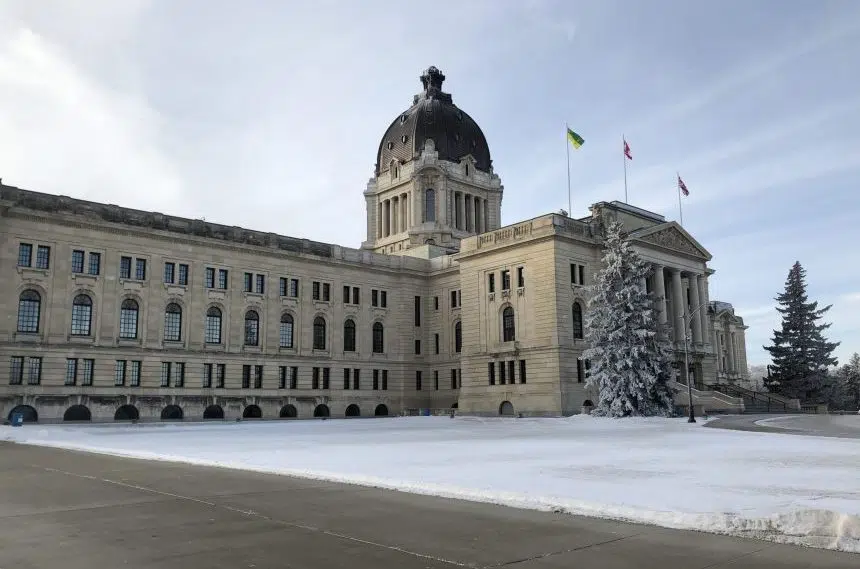The Saskatchewan government again is taking aim at the federal government’s carbon tax, this time by expanding the provincial Output-Based Performance Standards (OBPS) program.
In a media release Wednesday, the provincial government said the change was its way of “honouring its commitment to protect Saskatchewan families, workers, and businesses from the harmful effects of the federally imposed carbon tax.”
The government said the move will save some sectors and companies a total of $2.3 billion they normally would pay under the federal tax.
Saskatchewan has challenged the constitutionality of the carbon tax in court, eventually losing that challenge in the Supreme Court of Canada.
Starting Jan. 1, industrial facilities in five additional sectors in Saskatchewan — chemical manufacturing, wood product manufacturing, mineral product manufacturing, agricultural and industrial equipment manufacturing, and food and beverage processing — became eligible for the OBPS.
As well, the province lowered the threshold for participation in the program from 10,000 tonnes carbon dioxide equivalent (CO2e) to zero tonnes CO2e, making more facilities eligible.
The government said it expected 30 facilities to register for the program, meaning Saskatchewan industries could save more than $2 billion by 2030 as compared to the federal industrial pricing system.
Saskatchewan also plans to submit another proposal “to take control of the federally imposed carbon tax” and bring electricity generation and natural gas transmission under the OBPS program.
“Saskatchewan’s plan to bring the federally imposed carbon tax under provincial control will ensure that the revenues from the carbon tax stay in Saskatchewan, instead of going to Ottawa as they currently do,” Premier Scott Moe said in the release.
“We fully expect the federal government to accept Saskatchewan’s plan and give us the same treatment that they have given to other regions of the country.”
According to the province, the OBPS offers relief from the carbon tax to industrial emitters while seeking to limit carbon leakage and increased greenhouse gas emissions.
The release noted the provincial government also is looking to take regulatory control over the carbon tax on fuel consumption.











